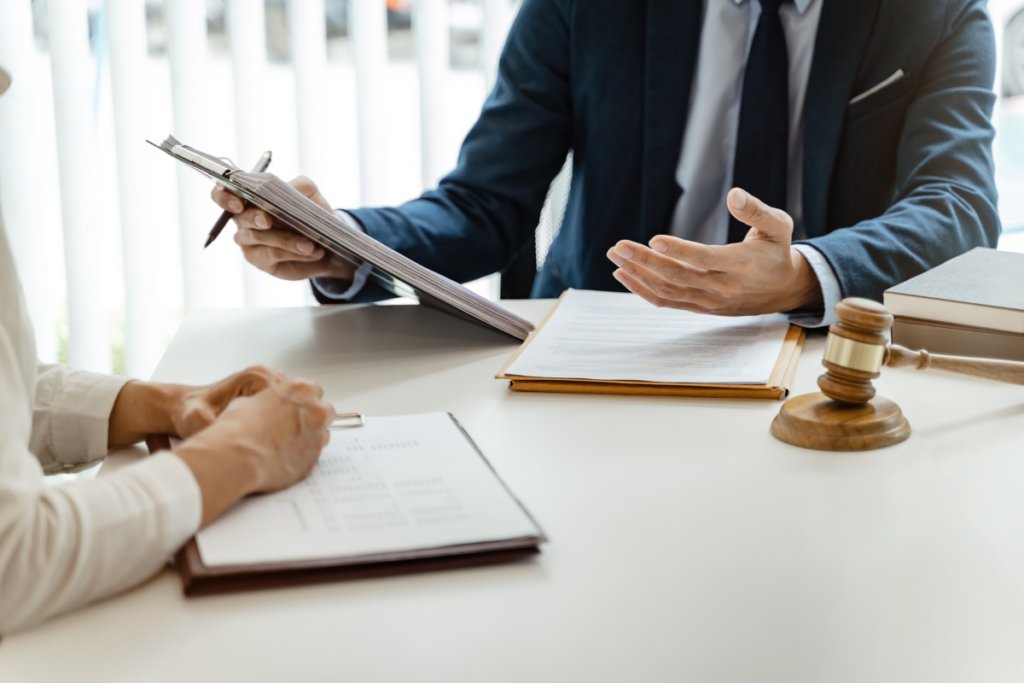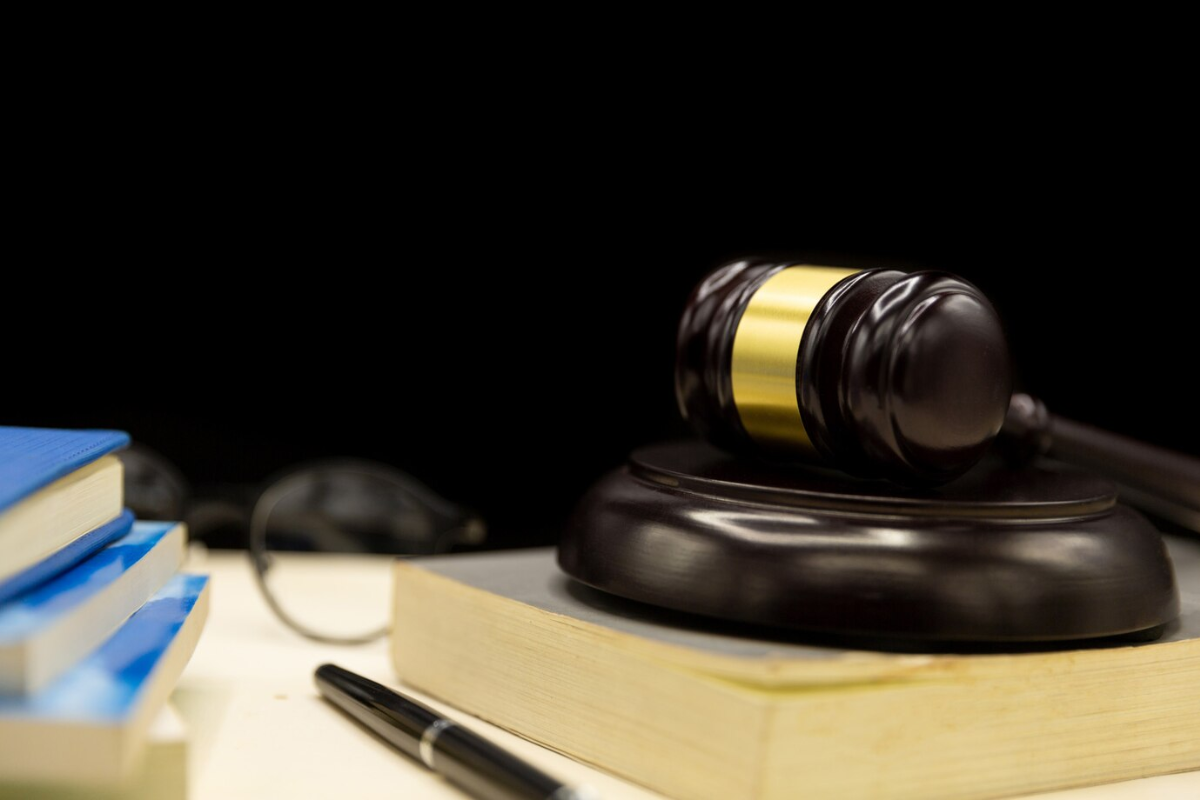Why Are Forensic Psychologists Used As Expert Witnesses?
Forensic psychologists play a vital role in the legal system by providing expert opinions that help the court understand complex psychological issues. Whether in criminal or civil cases, their expertise is invaluable in offering insight into human behavior, mental health, and its intersection with the law. The use of expert witnesses in legal matters dates back to the 18th century, highlighting the long-standing trust the courts place in these professionals.
What sets forensic psychologists apart is their ability to bridge the gap between psychology and law. They not only provide oral testimony in court but also produce detailed forensic reports that address specific psycho-legal questions. Their work goes beyond the courtroom, too—often serving as consultants to legal teams, helping them interpret psychological evidence and its implications for their cases.
In short, forensic psychologists serve as the voice of psychological science in legal contexts, ensuring that mental health considerations are fully understood and appropriately weighed in judicial decisions.

Key Responsibilities of Forensic Psychologists in Court
1. Expert Testimony and Sworn Depositions
One of the most visible roles of a forensic psychologist in court is providing expert testimony or sworn depositions. This involves being called upon to clarify details of a case they’ve worked on or to offer specialized insights on specific psychological issues. For example, a psychologist with expertise in post-partum depression may testify to explain how this condition affects behavior and decision-making. They could also provide testimony about a person they’ve evaluated, discussing the individual’s cognitive abilities, emotional state, or mental health. This evaluation might touch on whether the person can understand their legal rights, assess their responsibility for a crime, or even predict the likelihood of future violent behavior. It could also extend to topics like workplace injuries and other psycho-legal concerns.
Being an expert witness means being prepared for intense scrutiny. Opposing counsel will often challenge the expert’s qualifications, integrity, and findings. That’s why it’s so important for forensic psychologists to feel comfortable with the adversarial nature of court proceedings. Being able to remain calm and composed under pressure, respond to pointed questions, and defend one’s opinions is critical. A good reputation in this field is everything, and it’s often built through word-of-mouth recommendations based on well-written reports, consultations, and solid court performances. A top-tier expert witness doesn’t just have the credentials but also the ability to clearly express complex psychological concepts in a way that resonates with a lay audience—whether that’s a judge, jury, or attorney.
2. Crafting Forensic Reports
Another critical role of forensic psychologists is to provide forensic reports that answer specific legal questions. These reports are often requested by courts, attorneys, or other legal decision-makers to help them understand the psychological aspects of a case. Typically, a forensic psychologist who writes these reports has a doctorate in clinical or forensic psychology and is licensed to practice in the relevant state. They might specialize in fields like neuropsychology, trauma, or child and adolescent psychology, depending on the needs of the case. Their expertise allows them to offer deep insights into a person’s mental state, which can influence legal decisions ranging from competency to stand trial to risk assessments for future behavior.
The primary goal of a forensic report is to present psychological findings in a way that’s easily understood by legal professionals who may not have a background in mental health. After conducting assessments and interviews, the forensic psychologist summarizes their data and provides their expert opinion in a report. These reports must be thorough but also clear and concise, focusing only on the relevant information while avoiding unnecessary details. Strong communication skills—both verbal and written—are key here. The report needs to answer the referral question directly, interpret mixed data appropriately, and explain conclusions in a way that non-experts can grasp. Forensic reports often involve analyzing data from multiple sources, applying appropriate psychological tests, and considering alternative hypotheses before forming a defensible conclusion.
3. Expert Consultation and Legal Strategy
Forensic psychologists don’t just offer testimony or write reports; they also serve as valuable consultants to attorneys throughout a legal case. Their background in clinical psychology gives them deep insight into human behavior, which can be critical in legal contexts. For instance, they may consult on risk assessments for future violence, provide recommendations for treatment options, or offer guidance during jury selection (voir dire). The psychologist’s role here is to bridge the gap between psychology and the law, helping attorneys make more informed decisions about how to approach a case. Whether advising on sentencing recommendations or preparing witnesses for trial, forensic psychologists bring a level of psychological understanding that is essential in many cases.
In addition to these roles, forensic psychologists often review case records and provide feedback on trial strategy. They might guide attorneys on which type of psychological evaluation would be most useful or offer insights on how to interpret the findings of another expert witness. They can even assist with cross-examination by identifying key areas to challenge the opposing expert’s testimony. The consultation process is typically collaborative and involves ongoing discussions between the attorney and the expert witness. This allows both parties to stay aligned on the case strategy, ensuring that the forensic psychologist’s insights are fully integrated into the attorney’s overall approach. Frequent communication not only helps reduce any anxiety the expert might feel about their role in the case, but it also ensures they are fully prepared to deliver the best possible outcome for the client.

How Attorneys Can Effectively Work with Forensic Psychologist Expert Witnesses
If you’re an attorney looking to bring a forensic psychologist on board as an expert witness, there are some key steps you can take to make the collaboration as smooth and productive as possible. Here’s a simple guide to help you get the most out of your partnership with a forensic psychology expert.
1. Schedule a Dedicated Consultation
Forensic psychologists, like attorneys, often have jam-packed schedules. To ensure you can have an uninterrupted discussion, set aside dedicated time for a consultation. Use this time to walk through the main points of your case and explain how you envision the expert contributing to your legal strategy.
2. Dig Into the Expert’s Background
During your initial meeting, make sure to ask about the expert’s qualifications. Find out about their educational background, relevant training, and previous experience with cases like yours. This will help you assess whether they’re the right fit for your case and establish trust in their expertise.
3. Be Clear About What You Need
From the very beginning, be upfront about what you’re looking for. Whether it’s testimony, an evaluation, or a detailed report, the expert should have a full understanding of your goals and the legal questions at play. When both the attorney and the expert are on the same page, the outcome is often much more effective.
4. Prepare Referral Questions in Advance
To streamline the process, come prepared with a list of referral questions that directly address the key issues in your case. This will help guide the expert in their evaluation and ensure their work aligns with the specific needs of your legal strategy.
5. Start Gathering Relevant Records Early
It’s always best to start collecting necessary records (family, medical, psychiatric, employment, etc.) as early as possible. If you’re unsure about which documents are most relevant, you can ask for guidance during the consultation. The sooner you have the records, the more time the expert will have to thoroughly review them.
6. Test the Expert’s Ability to Handle Tough Questions
Cross-examination can be one of the most challenging parts of court proceedings. A great way to gauge how well the expert will perform under pressure is to ask them a few sample questions you anticipate during cross-examination or deposition. This will give you a sense of how they think on their feet and communicate complex information clearly and confidently.
7. Verify the Expert’s Credentials
Don’t forget to ask for a copy of the expert’s CV. Review their qualifications, including education, experience, and specialized training. Verifying their credentials early on can prevent any surprises down the road and solidify their credibility in court.
Why Forensic Psychologist Expert Witnesses Matter
Forensic psychologist expert witnesses play a crucial role in the legal system. Their expertise spans across various legal contexts, including providing sworn testimony, consultation services, and forensic reports. This specialized field requires years of education, rigorous training, and hands-on experience to qualify as an expert in court.
The unique skill set forensic psychologists bring to the table involves assessing cognitive, behavioral, and mental health conditions, and how these relate to legal matters. Their involvement can be essential in cases ranging from:
- Criminal sentencing
- Child custody disputes
- Victim rights advocacy
- Workplace injury claims
- Medical malpractice suits
- Financial litigation
Their insight helps attorneys, judges, and juries better understand the psychological factors that could significantly impact the outcome of a case. Whether you’re defending a client facing criminal charges or handling a complex family law dispute, a well-qualified forensic psychologist can provide valuable clarity and expert opinions that strengthen your case.
Final Thought
Forensic psychologists offer more than just expert opinions—they provide a critical perspective that informs the legal process. By clarifying complex psychological issues, they help legal teams build stronger cases and enable courts to reach fairer decisions. Their expertise is invaluable in navigating challenging legal matters, whether it’s a criminal trial, a custody dispute, or a complex injury claim.
If you’re seeking expert guidance on how forensic psychology can enhance your legal strategy, contact Forensic & Clinical PsychExperts today. Our experienced forensic psychologists are ready to assist you.
Frequently Asked Questions
What is a forensic psychological evaluation?
A forensic psychological evaluation is an assessment conducted by a psychologist to examine a person’s mental health in relation to legal matters.
When is a forensic psychological evaluation needed?
These evaluations are often used in cases involving criminal defense, child custody, personal injury, or competency to stand trial.
What does a forensic psychologist do in court?
A forensic psychologist may serve as an expert witness, providing testimony based on their evaluations and expert knowledge to assist the court in decision-making.
Can the results of a forensic psychological evaluation affect the outcome of a case?
Yes, the results can significantly impact legal decisions, such as sentencing, custody arrangements, or a person’s competency to stand trial.
Are forensic psychological evaluations confidential?
While evaluations are conducted privately, the findings are typically shared with the court and relevant legal parties, so confidentiality may be limited.
How do I choose the right forensic psychologist for my case?
Look for someone with specialized training, experience in legal cases similar to yours, and a proven ability to communicate their findings clearly in court.
Can a forensic psychologist testify about a person’s mental state during a crime?
Yes, forensic psychologists can assess and testify about a person’s mental state at the time of an offense, which may be relevant to criminal responsibility or sentencing.

